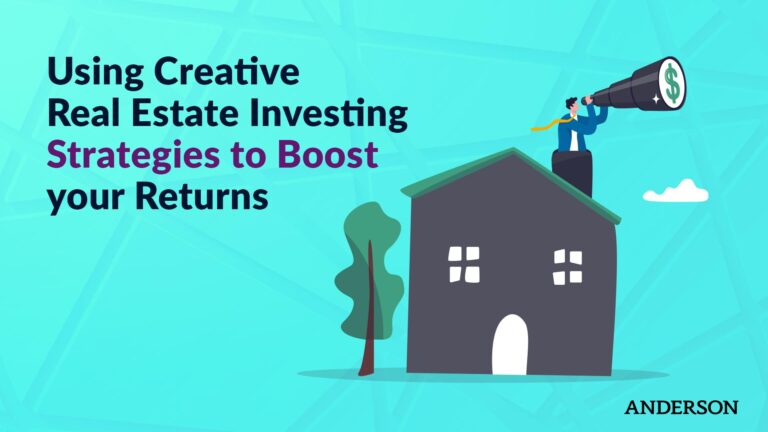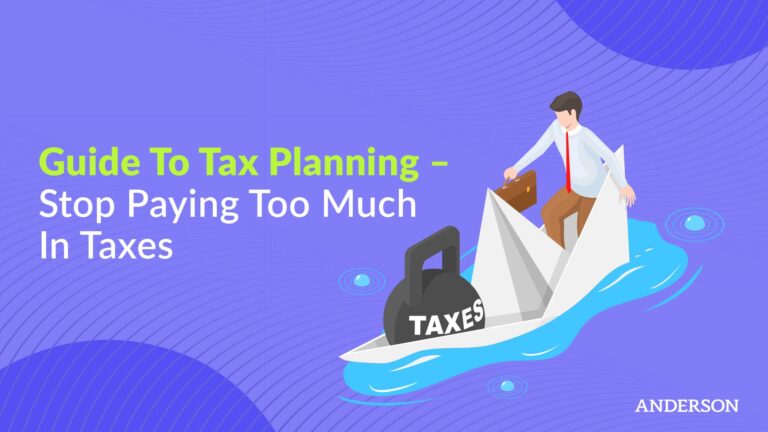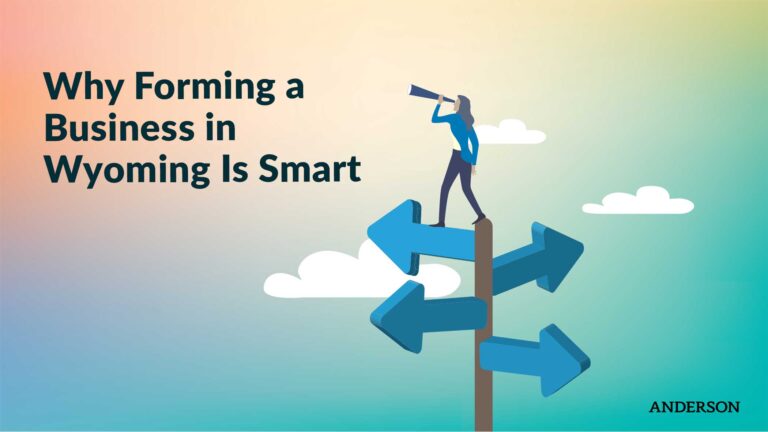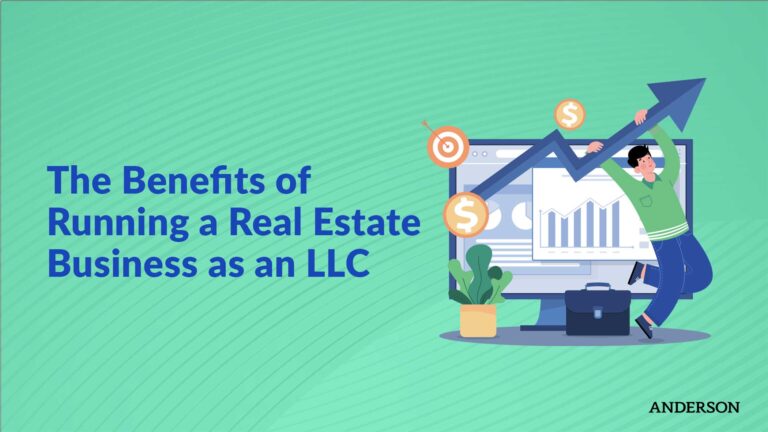Updated September 27, 2021
Building a business from the ground up is hard work. According to the Bureau of Labor Statistics, 20% of businesses fail in their first year, and 50% have failed by year five. With these kinds of odds, you might consider an alternative route to building business equity and buy a business instead.
How to Buy a Business
- Do Your Market Research
- Look at Assets and Liabilities
- Get a Team Together
- Arrange Funding
- Sign a Letter of Intent
- Close the Deal
- Consider a Franchise
There can be a variety of reasons why a business is up for sale. In some cases, the business is not working out, and the owner is trying to walk away with some profit. Alternatively, a business might be doing really well—too well for the owner to keep up. It’s possible the owner has simply lost interest in that particular business or looking to retire. The owners might be heirs to a business they don’t want. In some cases, people start a business with the intent to sell it all along (it’s sort of like flipping real estate).
Each one of these cases is going to create a different type of situation and set of conditions you can leverage. It’s all about the art of the deal—and a few other factors around buying a business that we’ll outline below.
Where to Buy a Business
The truth is that you can buy a business anywhere. You never know when you’ll run into a personal connection trying to sell a business, or who knows someone. That said, your personal network is a great place to start. If you do your business at a local venue (like dry cleaning, grocery shopping, or anything else), you can be on the lookout for signs that the owner might be interested in selling—and that’s not limited to a For Sale sign in the window. Decreased inventory, reduced staff, or conversations that lead to discussing retirement are all signs that point to a possible sale. Like anyone in business, you just need to keep your eyes and ears open.
Aside from that general advice, there are a few other places you can look. You can look in print and digital classifieds like your local paper and Craigslist. There are a number of online marketplaces for buying and selling businesses online—all you need to do is literally type “buy a business” into Google, and you’ll have a page of marketplace options: BizBuySell, BizQuest, and BusinessBroker are three popular options espoused by USA Today.
How to Buy a Business
The acquisition of a business has a few steps. While a business acquisition is an asset purchase that can result in future cash flow, it has to be done properly.
Do Your Market Research
One of the biggest mistakes people make in starting a business is that they attempt to make a business and then create customers. Successful businesses start with a client base of existing customers and then build off that foundation. It’s far easier to provide a service that people need, compared to starting a business and then finding people who need it. Learn about the marketplace of your potential business. Is it a mom-and-pop grocery store with no character down the street from a recently-opened supermarket? Or, is it a mom-and-pop organic foods grocery store and specialty deli that caters to a loyal base of customers who will not shop at the Megamart down the street? And if it’s not, could it be turned into one? It’s important to know the area, the competition, and the customer base of this existing business, or what the customer base could be, given reachable demographics.
Look as Assets and Liabilities
Being successful in business requires you to avoid thinking emotionally about business. Of course, you want your heart to be in what you do, but when it comes to financial decisions, you’ve got to do what makes sense on paper. If you’re serious about buying a business, start a conversation with the current owner and ask to look over the assets, liabilities, and accounts receivable of the business. You may see something that makes no sense at all to buy. You may seem something that has been managed poorly, with lots of room for trimming the proverbial fat. The balance sheet of the business will tell you whether to walk away or move forward—but unless you’re an experienced analyst, you will want to have someone else look at it with you. You also want to make sure the business is in good standing with all the permits it needs. While being in violation of regulations might not be listed on the balance sheet, it is a liability.
Get a Team Together
Even if you’re totally familiar with all the documents you need to line up in order to buy a business, you’ll still want to work with a lawyer. The lawyer can deal with all the paperwork you need for the sale, and help set up your ownership while reducing your personal liability. This removes a huge headache during what will surely be a stressful (although hopeful) process. An attorney can also be your registered agent to receive important documents that might accidentally get lost in the shuffle as you run your business.
Look for a qualified accountant or business advisor to help you with small business bookkeeping. Balancing the books is another headache that’s best to outsource so you can focus on running the business, which will surely involve some changes as it transitions to be under your leadership.
You should also speak with an insurance advisor to lock down the best policy to protect your assets. They may also advise you of policies aside from the basic business property and casualty insurance that you might need, based on your business.
In some cases, you will want to bring on a business broker to help structure your deal. If you want to buy a business, but you haven’t found one yet, a business broker can also help you find a business that matches your interests and criteria. At the time of closing the deal with the current owner, they can line up requisite parties like an escrow service without you having to spend extra time soliciting these services.
Arrange Funding
If the business owner is on board with selling, and you’re ready to buy, now is the time to figure out how you’re going to pay. There are a number of options for financing the purchase of a business.
You could look into leveraging your personal assets as working capital for purchasing a business. Some people, upon entering retirement, empty out a portion of their IRA to buy a franchise or start a business. Others might get a second mortgage on their property. You can take a business plan to a bank or similar institutional lender and try to get a business loan—just keep in mind that if you want to bring along a balance sheet for the current business, you’ll need to get permission from the owner.
You can also look into options with the small business administration, a government agency that is geared toward helping out small business owners in a variety of ways, which can include an SBA loan for qualified buyers. This may be preferable to a small business loan from a bank or other lender.
These days, there are also crowdfunding and peer lending venues, such as Kickstarter, LendingClub, and Kabbage that can allow you to get funding in an increasingly popular way. Peer to peer lending and crowdfunding is how some of today’s biggest companies got started, made possible by the internet and spurred on by the tightfisted lending climate that has existed in the wake of the housing crisis (which affected other areas of the market).
Don’t overlook the possibility of the current business owner providing financing. In real estate, this is called seller financing. Instead of getting a business loan or using your own cash, the current business owner will sell you the business but also loan you the money to buy it. In return, the seller might negotiate a higher interest rate or a larger total amount than you would otherwise have to pay. This type of deal might also require you to put down an amount of cash upfront (a down payment, essentially) that allows them to move on to whatever they want to do next.
Sign a Letter of Intent
This simple step is one you won’t want to miss. Though a letter of intent is non-binding, it benefits both sides and encourages them to move forward in good faith. A letter of intent can prevent the potential buyer from discussing information about the business with outsiders—unless the owner stipulates an exception to that rule in terms of showing a balance sheet to potential lenders. A letter of intent can also encourage the seller to avoid jumping ship if another offer comes along. The letter of intent is a preliminary agreement between the parties with mutual notice of intent to close the deal. In some cases, the letter of intent can transform into the purchase agreement, which is why it’s a good idea to have a lawyer draft up the letter.
Close the Deal
If you’re interested in buying the business, and the owner is interested in selling it, you will still probably need to negotiate terms. It’s very rare—almost unheard of—that two parties shake hands after a single conversation (and in fact, a deal structured with a handshake alone is not really legally advisable).
Once the financing is in place, you’ve assembled your team, and everyone’s ready to close the deal, it’s time to gather all parties to the table with their attorneys. This is when important documents will be signed and money handed over. The bill of sale shows evidence of asset ownership. The security agreement or lien shows that the property is encumbered until the seller pays off their debt (if it still exists). Of course, you will not want to purchase a business if a third party can take it away from you, which is why you want a competent lawyer to assist with the closing.
Consider a Franchise
Much of our discussion has revolved around buying a local business. However, another option that’s important to consider is opening a franchise. A franchisor is a company that licenses its procedures, branding, and right to sell its products to a franchisee, who is mostly just responsible for managing the business at that particular location and hiring employees. Many chain businesses you see today—especially in the restaurant and fast food industry—are actually a franchise model.
For example, many of the McDonald’s restaurants you see are not actually operated by McDonald’s. They are privately owned, but the owner pays the parent company for the rights to run that business. Franchising offers less control over the business (you will have to adhere to strict rules about a particular process and the branding) but franchisees typically have a lot of support from the parent company.
Franchising can be a great option for anyone who wants the cash flow of a business, but who is not so interested in running its day to day operations. With a franchise, you can hire a manager to run the venue and even find reliable employees, while you continue running your other businesses, or enjoying your retirement.
How to Buy a Business
Buying a business can be a great way to build cash flow. But like any large investment, you need to surround yourself with people who know what they’re doing and can help you protect your assets. A lawyer will help you structure your business operations, perhaps as an S corporation, so you can put yourself on payroll and avoid having the business revenue show up on your personal tax return.
Another last thing to mention is that buying an online business will not necessarily remove any of these steps from the process. Businesses for sale online still need the same due diligence of reviewing intangible assets like intellectual property and branding and tangible assets, along with financial statements. If anything, looking into a business for sale on the internet can be even more fraught with pitfalls, which is why it’s important to look through a qualified, trustworthy business brokerage site that can facilitate your due diligence through their vetting process of each and every listed business opportunity.
Without scaffolding your business in the right way, you might find yourself being its next seller. Conversely, if you do your research, assemble a good team, and close a good deal, then your business might turn out to be both a fulfilling personal investment and a proverbial cash cow.
Free Strategy Session with an Anderson Advisor
Receive a detailed risk assessment to assist in lowering problem areas that could wipe out all of your assets with one wrong move. Speak with an Anderson Professional Advisor to get your FREE Strategy Session.
Limited-Time Offer: ($750 value.)











